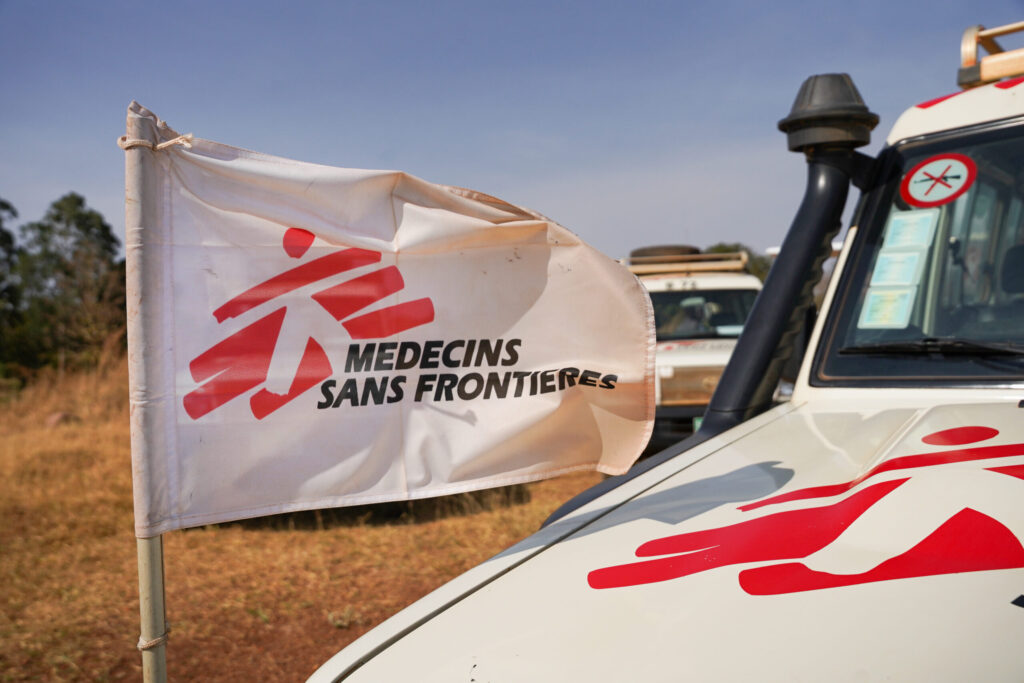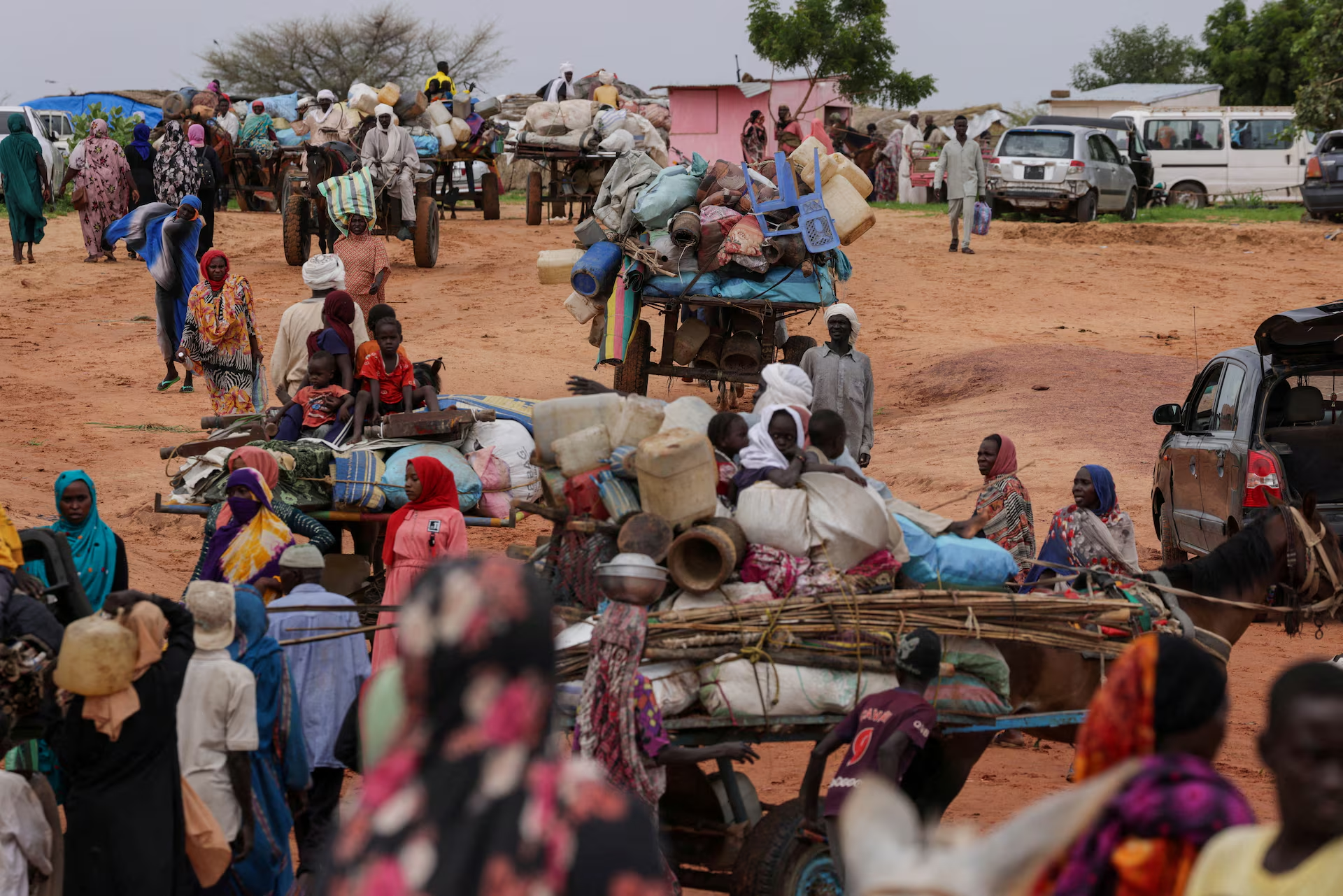
The United Nations Office for the Coordination of Humanitarian Affairs (OCHA) reported on Thursday that around 893,000 people have been affected by severe flooding in South Sudan.
The disaster has resulted in the displacement of over 241,000 individuals, making it one of the worst natural disasters in the country’s recent history.
South Sudan, a nation highly vulnerable to climate change, is currently facing its most severe flooding in decades.
Aid agencies have expressed concern as the situation continues to deteriorate, with heavy rainfall rendering 15 major supply routes impassable.
According to OCHA, the flooding has impacted 42 of South Sudan’s 78 counties, including the Abyei Administrative Area, a contested region claimed by both Juba and Khartoum.
Unity and Warrap states in the north have been hardest hit, accounting for over 40 percent of the affected population.
More than 241,000 people have been displaced across 16 counties, including the Abyei area. Many of the displaced have sought refuge on higher ground as the flooding worsens, and aid access remains limited.
Since its independence from Sudan in 2011, South Sudan has faced instability, violence, and economic challenges, further intensified by climate-related disasters like floods and droughts.
The World Bank noted that the ongoing flooding is worsening an already dire humanitarian situation characterized by severe food shortages, economic decline, and disease outbreaks.
The World Bank estimates that nine million people in South Sudan, including refugees, will face critical needs in 2024.
The ongoing conflict in neighboring Sudan has led to nearly 797,000 refugees, mostly South Sudanese returnees, crossing into South Sudan as of September.
Political tensions remain high in South Sudan, with a recent extension of the transitional period outlined in the 2018 peace deal.
This extension postpones the elections, originally scheduled for December, by another two years. Key aspects of the peace agreement, including the formation of a constitution and unification of forces loyal to President Salva Kiir and opposition leader Riek Machar, remain unresolved.
UN mission chief Nicholas Haysom has expressed frustration over the lack of progress, urging South Sudan’s leaders to commit to a democratic future.
Despite its rich oil resources, damage to an export pipeline in Sudan earlier this year has significantly impacted South Sudan’s economy.




